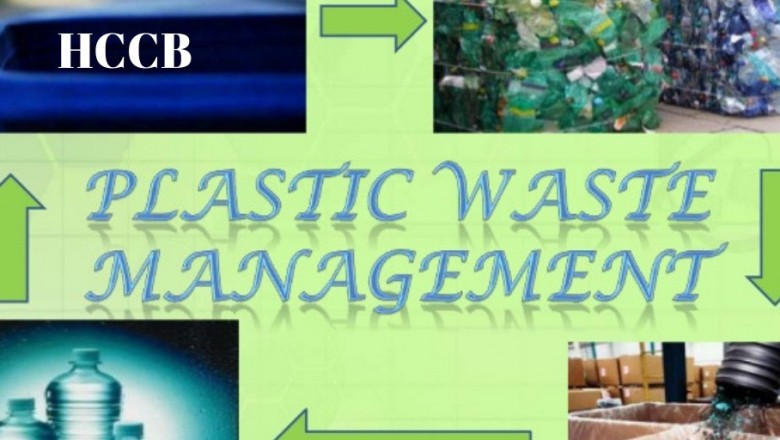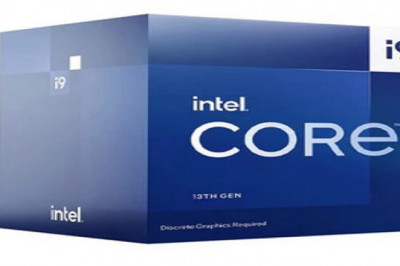views

An innovative solution for Plastic Waste Management
It is believed that India generates whooping 25,000 tons of plastic waste per day. The shocking aspect is that this amount of plastic waste is entering the food chain and endangering the lives of the people. To address this issue the government has introduced EPR- Extended Producer Responsibility in the Plastic Waste Management Rules 2016.
With piles and piles of plastic every ware the plastic waste has become a common scenery around us in recent years. Studies show that plastic waste has adverse effects on the aquatic life that has resulted in depletion of the aquatic species. In order to address this issue, the governments of different countries have imposed EPR regulations on brand owners and producers.
What is EPR?
EPR is the concept where the owners and producers take onus and responsibility to curb the plastic waste generated at different levels of manufacturing and packaging processes that are involved in their products and ensure that the generated plastic waste is recycled and reused effectively.
The activities involved in EPR are:
- Formulating buyback programmes
- Arranging waste collection points, recycling or any other means of suitable disposal of the waste
- Designing the products for reuse or recyclability
- Encouraging the public to take responsibility on behalf of their products
Why EPR?
EPR can act as a feasible solution for plastic waste management. EPR encourages the organisations with incentives and creates a platform for reuse, buyback or recycling of materials. EPR is a practice and policy approach that makes the producers responsible for collecting and processing the plastic waste generated from their manufactured products for a lifetime. EPR has many benefits like generation of positive PR opportunities, improved environmental credentials, competitive advantage over the fellow competitors, creation of job opportunities in local communities, and strengthened consumer loyalty.
HCCB is the one such FMCGs that has implemented EPR effectively in their processes. HCCB’s products are offered in returnable glass bottles (RGBs), aluminium cans, PET bottles and tetra packs. Around 30 % of the products of HCCB comes in RGBs that are completely recovered from the markets. HCCB also works with local bodies and NGOs for collection of the PET bottles which is the major contributor to plastic waste. Plastic waste management of the PET bottles are done in certified and recognized processing agencies across India and HCCB tries its best to reduce the plastic waste caused due to these PET bottles.
HCCB has partnered with UNDP and several NGOs to establish plastic waste collection programmes in top 50 cities of India. The main objective of this program is to create end to end solution and recycling ecosystem right from the point of waste generation and to the recyclers and create a circular economy on plastics and assist in plastic waste management.












